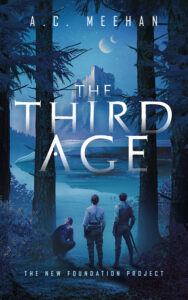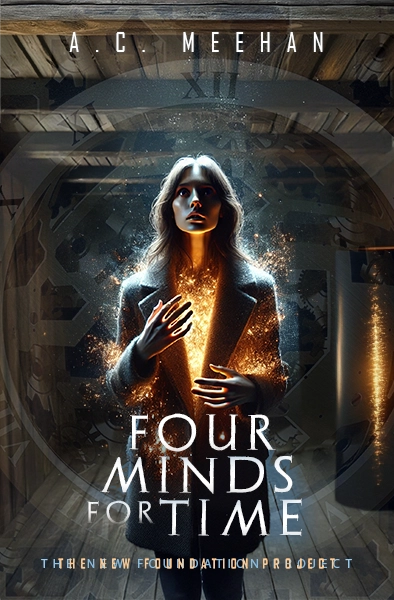When I drove up to Pennsylvania to spend Christmas with my family, I passed a digital road sign that read, “Caution New Traffic Pattern’s Ahead.” Those signs – the Lite-Brite answer to Gutenberg – definitely attract attention. (I would like to know the statistics of how many fender-benders have been caused because people slowed down to read them.) I’ll freely admit, though, that I thought much less about the new configuration of lanes than I did about that pesky apostrophe. At least I didn’t stop traffic to take a picture of the sign.
There are diatribes all over the web about whether or not the changing patterns (or pattern’s) of punctuation and grammar are a problem. I came across a great piece on commas that Dennis Baron posted a few years ago – the comments are great, too. And I like Georgina Laidlaw’s point that there are valid reasons for the way writing is evolving online. I’ll go on the record here: it’s fine with me that language is flexible and evolves, and that in different situations and different media, different norms apply.
My issue is that I can’t make up a rationale for that little apostrophe. I’ll assume that it was a quick entry, and there wasn’t a long committee meeting about whether to use “Caution” or “Be Alert” and what punctuation to use. The author of the sign inserted that apostrophe, either by hasty mistake or for obscure reasons. Unfortunately, that means that either there was no review/proof-reading, or someone looked at it and the apostrophe made sense to everyone involved. Both options cause a bit of a furrowed brow here.
Maybe the reason it troubles me to think that there was no review or proof-reading is just because I’m jealous – things I write at work are subject to so much review that “happy” gets changed to “glad,” and then to “delighted” or possibly even “ecstatic” before someone changes it back to the original, saying that we really ought to use plain language. I think the real reason this possibility bothers me is that if no one checked, it suggests that there’s no value placed on editorial process and that’s just sad and possibly means future unemployment for roving hordes of English majors wielding red pens.
I may just be on the wrong side of a changing norm (not the first time), so I’m trying not to argue right and wrong on this. It’s a theme that probably runs through a lot of my posts, though: I want to preserve the tools and techniques that enable subtlety and structure, because I think those features enrich our communication. Punctuation provides structure that makes it easier to understand written language. Sometimes it’s used artistically or rhetorically, where it’s less about shaping meaning than it is about style – that’s particularly true for commas. As a practical matter, leaving aside writing as an art, I favor comprehension over consistency. I’m flexible on the Oxford comma (sometimes it helps, sometimes it really isn’t needed) and while I personally like the semi-colon, I think we could get by without it.
Apostrophes are in a different category – they aren’t used for flourish or style. Their use is specific and well-defined and changes the meaning of words. In English, apostrophes serve two main purposes: to denote possession (the dog’s toy) or dropped letters (that’s my dog). Plural nouns in English don’t require an apostrophe. The only exception that comes to mind is when writing about individual letters or digits – mind your p’s and q’s, and count off by 2’s. In that case, the punctuation is used to avoid confusion rather than because it has inherent meaning, because without the separation that sweet little apostrophe offers, a’s and i’s and u’s would be as and is and us. Even then, the presence of the apostrophe changes meaning – by avoiding the formation of a word.
I’m sure that no one who read that digital road sign was actually confused about what it meant. For one thing, there was a pretty huge contextual clue. Just ignore the apostrophe and watch the road. But why insert that apostrophe at all? I’m certain that the writer didn’t intend for it to serve its traditional purposes. It’s just there, vaguely suggesting a strange new universe where adverbs can be owned or where there are unknown letters that need to be whisked out of ordinary words before they cause traffic accidents.
I don’t know why this new use of the apostrophe seems to be catching on. If it’s intentional, I have no idea what it means and I need to have a chat with my third grade teacher. If it’s a mistake, I wish it weren’t so contagious. If ignoring the meaning of apostrophes becomes the norm, the world won’t end, but there will be many more words whose meaning depends entirely on context – many more homonyms in a language that already has plenty – and many more confused readers.
Respect the apostrophe.



